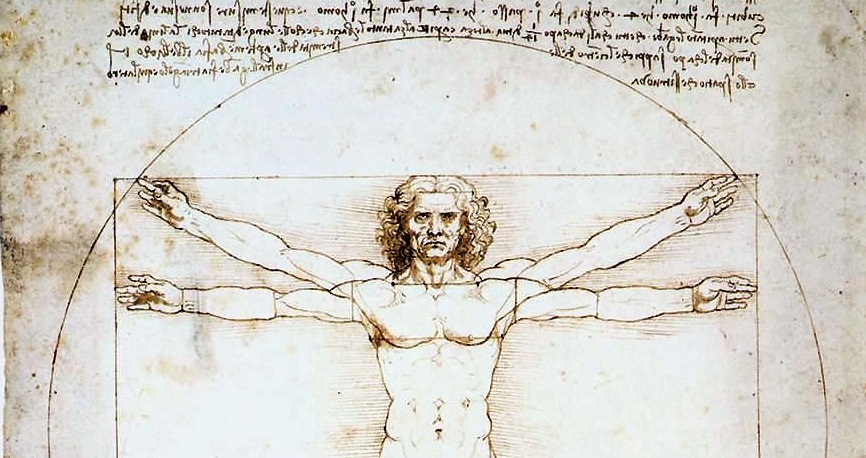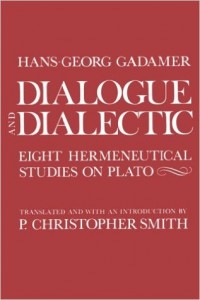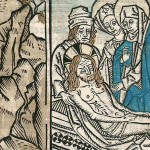
Thomas Pfau is the Alice Mary Baldwin Professor of English and professor of German at Duke University, with a secondary appointment on the Duke Divinity School faculty. He is the author and editor of a number of books, including Romantic Moods: Paranoia, Trauma, and Melancholy, 1790–1840 and Wordsworth’s Profession. This is the first part of an interview centered around his most recent, much discussed, book Minding the Modern.
The first part of the interview, “Threatening Naturalism’s Universal Authority,” appeared yesterday.
=============================================
AR: Is there something peculiar to phenomenological accounts of the person that makes them both historical and somehow outside of history? I was always aware, as I was reading Minding the Modern, that it is a historical account that ends in 1830. Yet, at the same time, your book is about the current crisis in the understanding of the person, which is why I asked about Darwin, who remains front and center of many controversies.
TP: How phenomenology and historical inquiry are related is a fascinating and complex question. First off, I’d submit that the widespread notion of phenomenology as un- or even anti-historical is fundamentally mistaken. In fact, it might be said that phenomenology is an indispensable foundation for historical knowledge insofar as it enables us to reflect on the modalities and qualia that define how the past informs conscious experience. Only a phenomenologically grounded hermeneutics enables us to distinguish, as we must, between empirical “information” about the past and how that past is received by an inner-time consciousness on which all “historical awareness” depends.

While Husserl’s exploration of the temporal constitution of consciousness had done much to offer an alternative to Bergson, it is in Heidegger, and in the writings of Gadamer, that the relation between phenomenology and history is more fully fleshed out. Gadamer in particular has argued, convincingly I think, that the concept of “tradition” (Überlieferung) best captures the formative and enduring insistence of history within individual and collective consciousness. On this account, anticipated in its broad outlines by J. H. Newman (cf. MtM 35-75 and my forthcoming essay on “Tradition,” history is precisely not some objective, distanced, and fossilized Other to be empirically repossessed or, in Enlightenment parlance, “overcome” in the modality of “critique.”
Phenomenology, I submit, offers a far more plausible vocabulary for acknowledging the way that history (in)forms us and permeates our resources and styles of reasoning ; and the challenge of hermeneutic reflection posits that self-awareness is never just a logical puzzle or analytic juggling of discrete propositions about something called the “self.” Rather, it involves us in the necessarily incomplete labor of understanding ourselves, and our future possibilities, by reflecting on intersecting conceptual and expressive traditions that in the course of many centuries have come define the “background awareness” (Polanyi) that allows us to understand ourselves as rational persons. Hence, too, my phenomenological approach to the concept of personhood does not stand in tension but, on the contrary, is fully integrated with the concept’s historical dimension.












